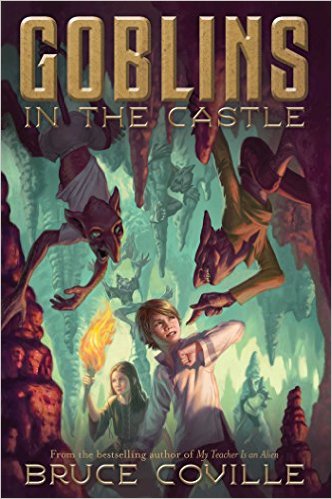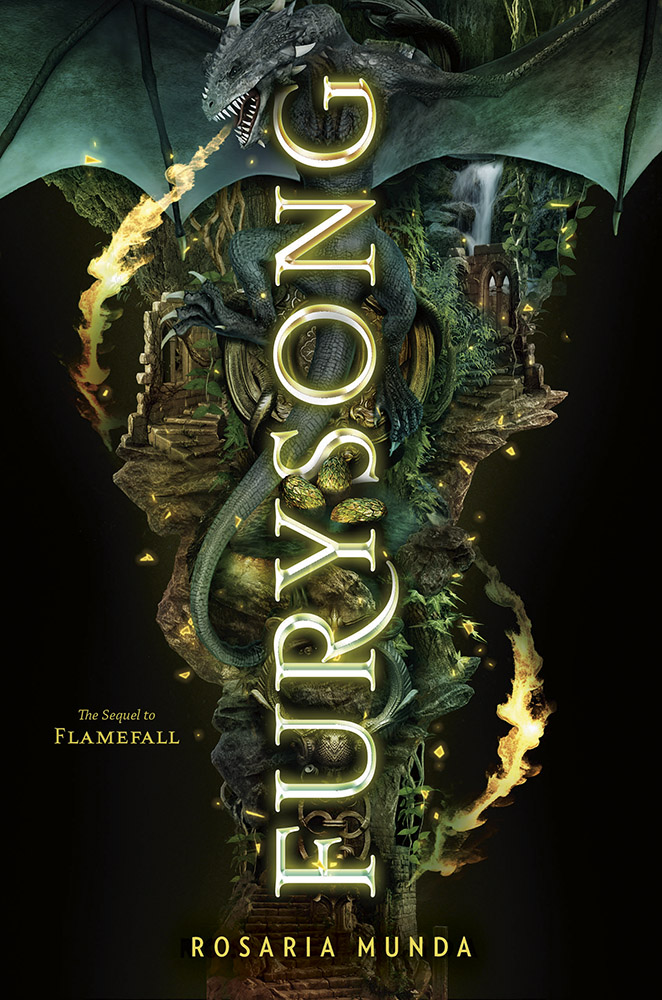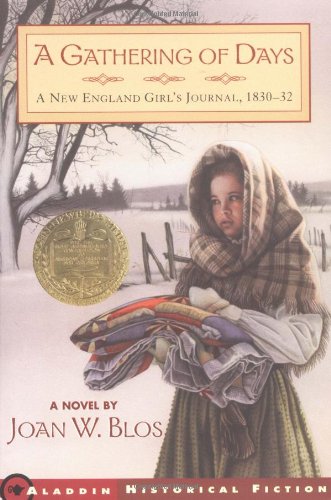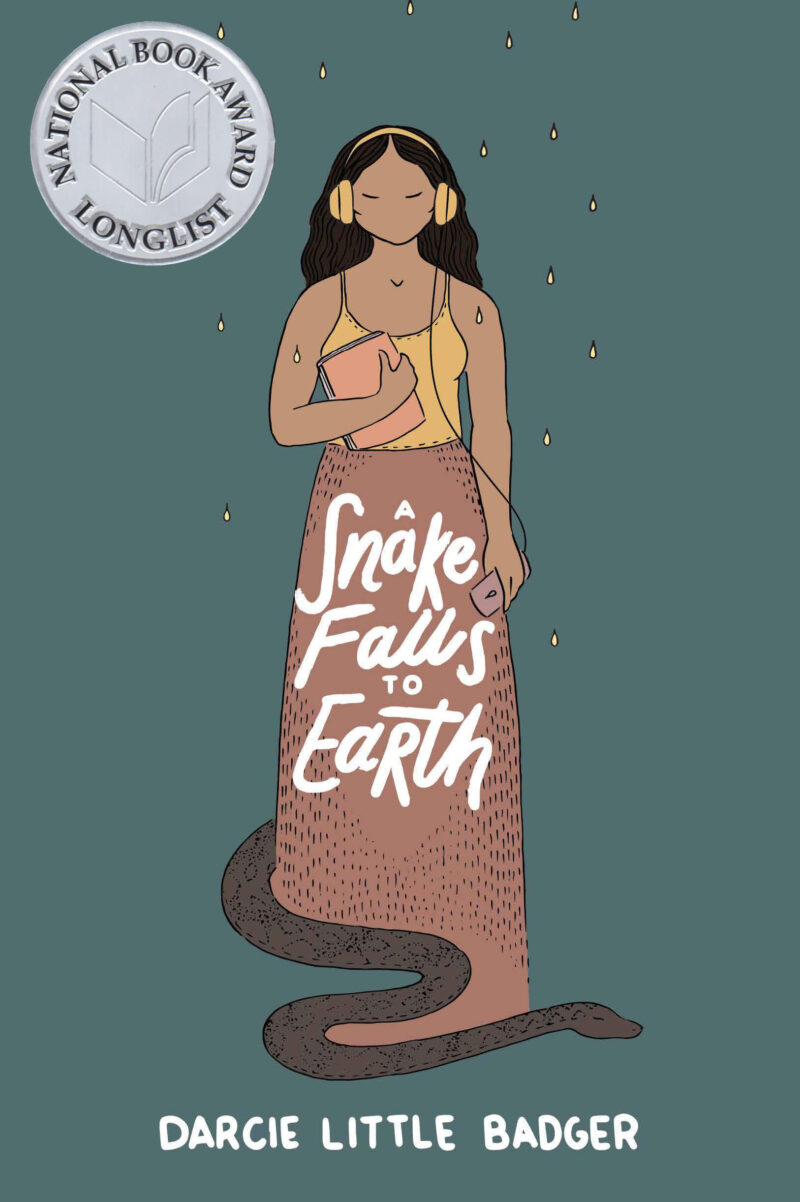[button color=”black” size=”big” link=”http://affiliates.abebooks.com/c/99844/77798/2029?u=http%3A%2F%2Fwww.abebooks.com%2Fservlet%2FSearchResults%3Fisbn%3D9780064405850″ target=”blank” ]Purchase here[/button]
This Newbery Medal winner was written in 1945 before the term “crackers,” referring to the Anglo-Saxon farm folk of the central Florida woods, became a bad word. Taken out of the context of race relations in the civil rights era, it draws an appreciative picture of a unique, and in some ways beautiful, way of life. As the Boyer and Slater families scratch a living out of the poor, palmetto-infested soil, we share their struggle. Their struggle with the land. Their struggle with each other. Their struggle, on one hand, to preserve a way of life threatened by progress and industrial development; their struggle, on the other hand, to improve their life by adopting new methods of farming.
In great part, the struggle in this book can be reduced to a feud between the Slaters and the Boyers. Sometimes their wives and children wonder, and you wonder too, how it can end without shooting. The Slaters resent the Boyers for their “biggity” ways, their prosperity, and their insistence on fencing their land to protect their crops – land the Slaters want to drive their cattle across. The Boyers alternately like and loathe the Slaters, whose cows and hogs mess up their planted fields, and who play a series of nasty pranks.
This makes for a surprising amount of passion and drama, where you probably expected to find only local color, sweaty scenes of farm labor, and a heartwarming coming-of-age story. The realism and conflict give this book a remarkable intensity, compared to many other children’s novels of the “growing up on the farm” type. Compared to such saccharine-sweet books, Strawberry Girl has more depth, more flavor, and more authenticity in the unique speech patterns and in the mixed, good/bad behavior of its characters. Even more than some past winners, this book really deserves its Newbery Medal.
For all this we have author and illustrator Lois Lenski to thank. Her numerous works include a long series of regional and historical novels for children, plus picture books on similar themes for even younger kids. Lenski was also tipped Newbery Honors for Phebe Fairchild: Her Book and Indian Captive. Finally, I am keen to note that Lenski’s father, Lutheran minister R.C.H. Lenski, was the author of a major commentary on the New Testament, one that I can personally recommend.




